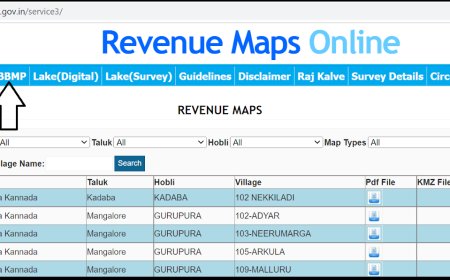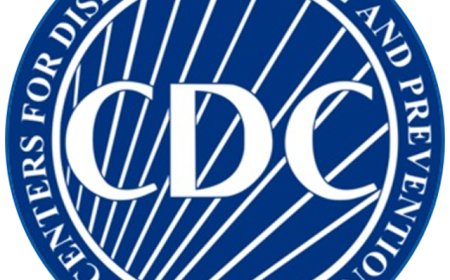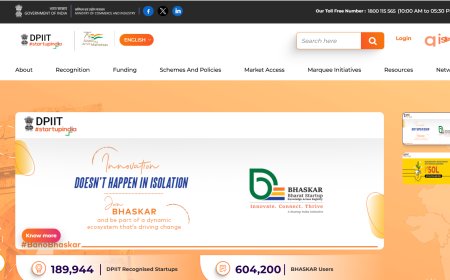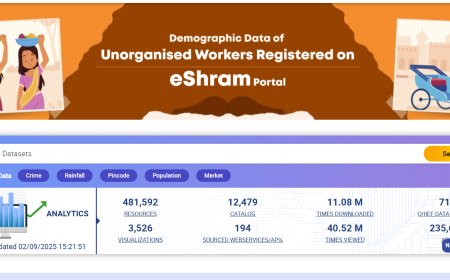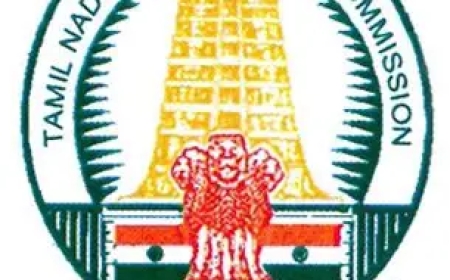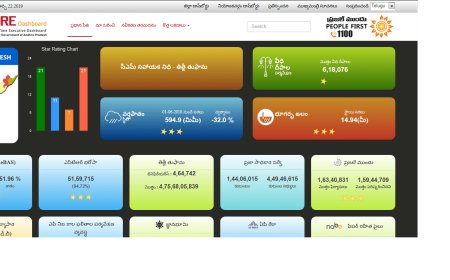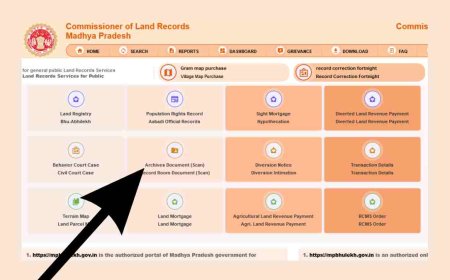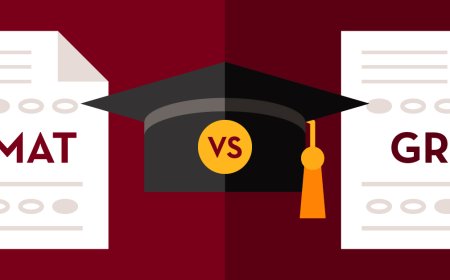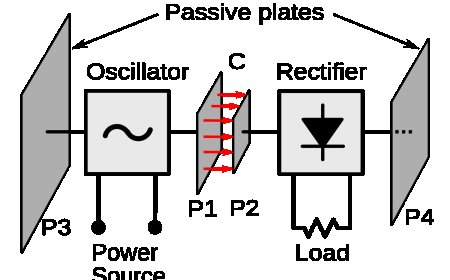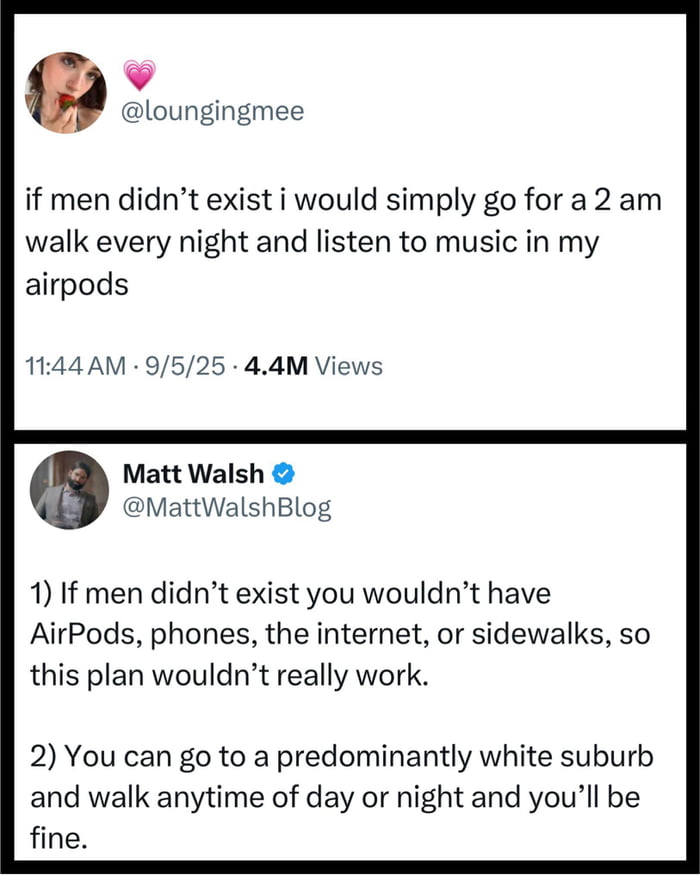In court filing, Google concedes the open web is in “rapid decline”
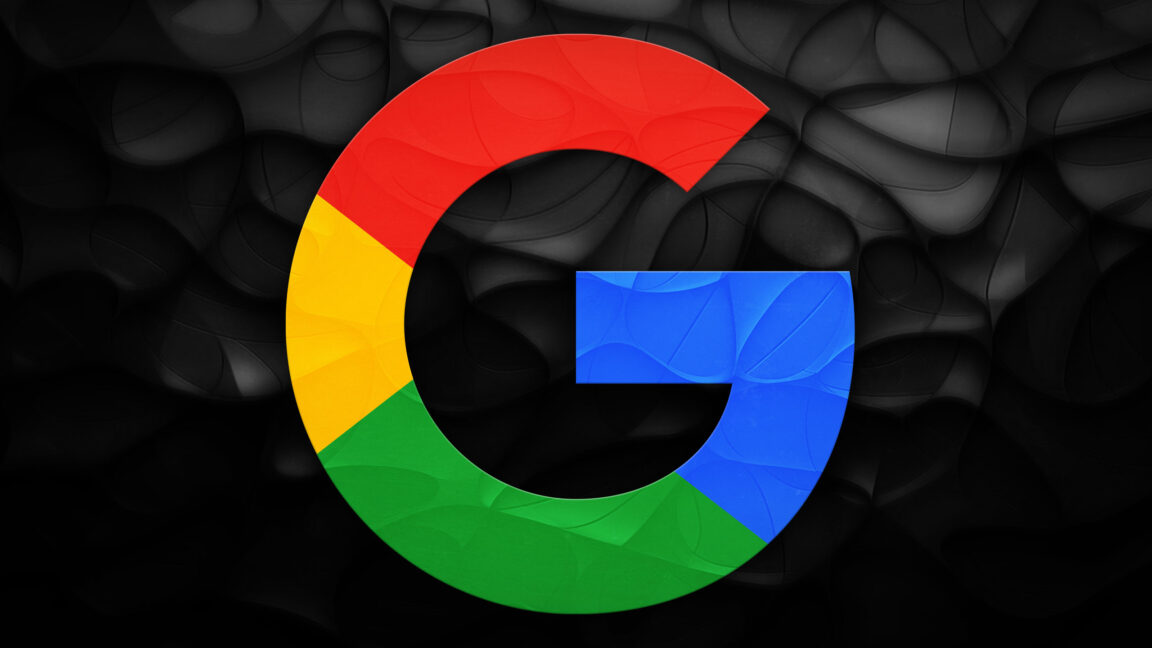
In court filing, Google concedes the open web is in “rapid decline”
Google's position on the state of the Internet is murky to say the least.
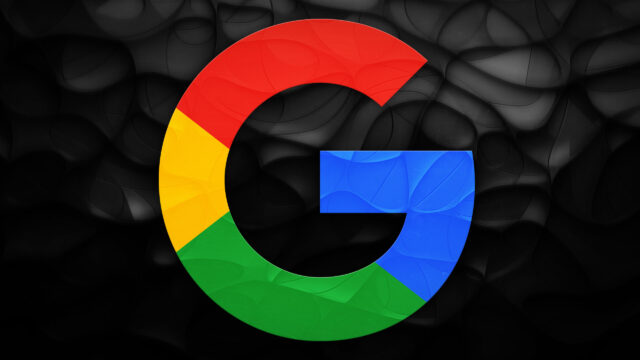
 Credit:
Aurich Lawson
Credit:
Aurich Lawson
Story text
* Subscribers only
Credit:
Aurich Lawson
Credit:
Aurich Lawson
Story text
* Subscribers onlyLearn more
Is the web thriving or faltering? Google has an unexpected take in a new legal filing. Google is heading back to court soon in hopes of convincing a judge that it should not have to split up its ad business. The company lost its adtech antitrust case earlier this year, and now it's up to the court to decide on remedies for the illegal conduct. In its response to the Department of Justice's requested remedies, Google made a startling claim: "The fact is that today, the open web is already in rapid decline."
Google says that forcing it to divest its AdX marketplace would hasten the demise of wide swaths of the web that are dependent on advertising revenue. This is one of several reasons Google asks the court to deny the government's request. The DOJ also tried to force a divestment of Chrome in the search antitrust trial, but the judge in that case declined to order that in the remedies.
Google's advertising business has turned it into an unrivaled Internet juggernaut. Google increasingly is the Internet—websites have no choice but to adhere to Google's standards for search and ads because there's no substantial competition. The court in this case ruled that in tying its display ad services with the AdX marketplace, Google suppressed the adoption of rival technologies, and this gave it an opportunity to preference its own services in ad auctions.
As users become increasingly frustrated with AI search products, Google often claims people actually love AI search and are sending as many clicks to the web as ever. Now that its golden goose is on the line, the open web is suddenly "in rapid decline." It's right there on page five of the company's September 5 filing, as spotted by Search Engine Roundtable.
A recent analysis of AI Overviews web traffic from the Pew Research Center suggests AI Overviews results in a substantial drop in web traffic. Google executives have disputed this, claiming the search clicks are "relatively stable," according to search head Liz Reid. It feels like Google is trying to have it both ways.
Advertising and the open web
Google objects to this characterization. A spokesperson calls it a "cherry-picked" line from the filing that has been misconstrued. Google's position is that the entire passage is referring to open-web advertising rather than the open web itself. "Investments in non-open web display advertising like connected TV and retail media are growing at the expense of those in open web display advertising," says Google.
If we assume this is true, it doesn't exactly let Google off the hook. As AI tools have proliferated, we've heard from Google time and time again that traffic from search to the web is healthy. When people use the web more, Google makes more money from all those eyeballs on ads, and indeed, Google's earnings have never been higher. However, Google isn't just putting ads on websites—Google is also big in mobile apps. As Google's own filings make clear, in-app ads are by far the largest growth sector in advertising. Meanwhile, time spent on non-social and non-video content is stagnant or slightly declining, and as a result, display ads on the open web earn less.
So, whether Google's wording in the filing is meant to address the web or advertising on the web may be a distinction without a difference. If ads on websites aren't making the big bucks, Google's incentives will undoubtedly change. While Google says its increasingly AI-first search experience is still consistently sending traffic to websites, it has not released data to show that. If display ads are in "rapid decline," then it's not really in Google's interest to continue sending traffic to non-social and non-video content. Maybe it makes more sense to keep people penned up on its platform where they can interact with its AI tools.
Of course, the web isn't just ad-supported content—Google representatives have repeatedly trotted out the claim that Google's crawlers have seen a 45 percent increase in indexable content since 2023. This metric, Google says, shows that open web advertising could be imploding while the web is healthy and thriving. We don't know what kind of content is in this 45 percent, but given the timeframe cited, AI slop is a safe bet.
If the increasingly AI-heavy open web isn't worth advertisers' attention, is it really right to claim the web is thriving as Google so often does? Google's filing may simply be admitting to what we all know: the open web is supported by advertising, and ads increasingly can't pay the bills. And is that a thriving web? Not unless you count AI slop.
 Ryan Whitwam
Senior Technology Reporter
Ryan Whitwam
Senior Technology Reporter
Ryan Whitwam
Senior Technology Reporter
Ryan Whitwam
Senior Technology Reporter
What's Your Reaction?
 Like
0
Like
0
 Dislike
0
Dislike
0
 Love
0
Love
0
 Funny
0
Funny
0
 Angry
0
Angry
0
 Sad
0
Sad
0
 Wow
0
Wow
0


































